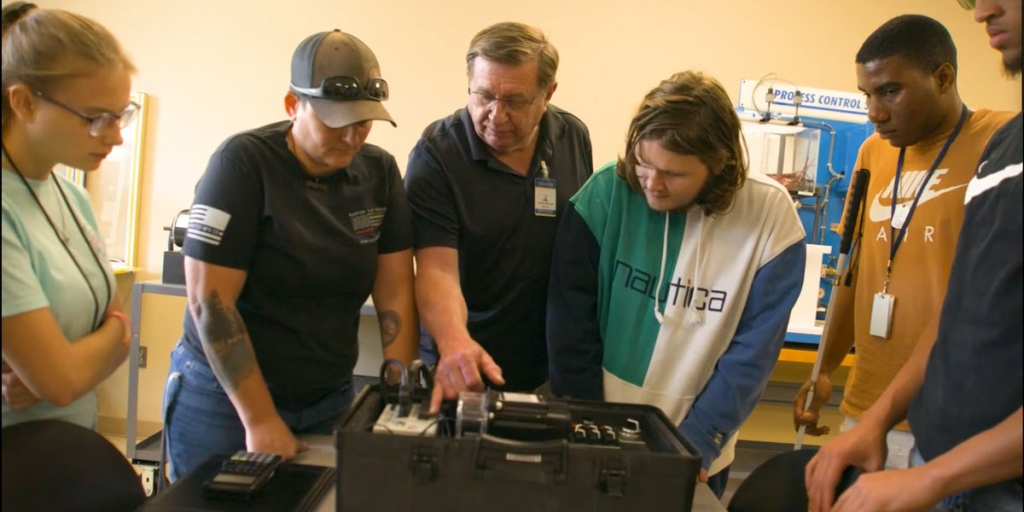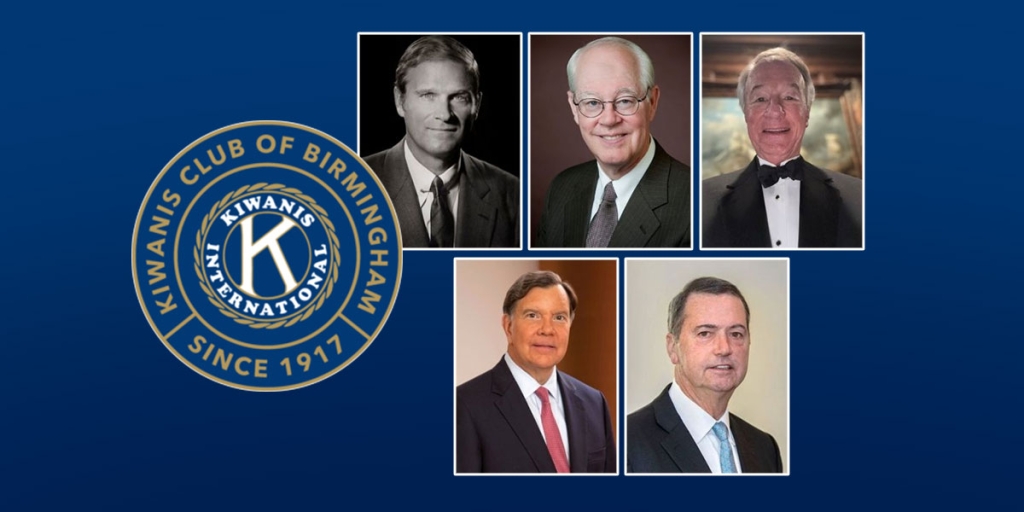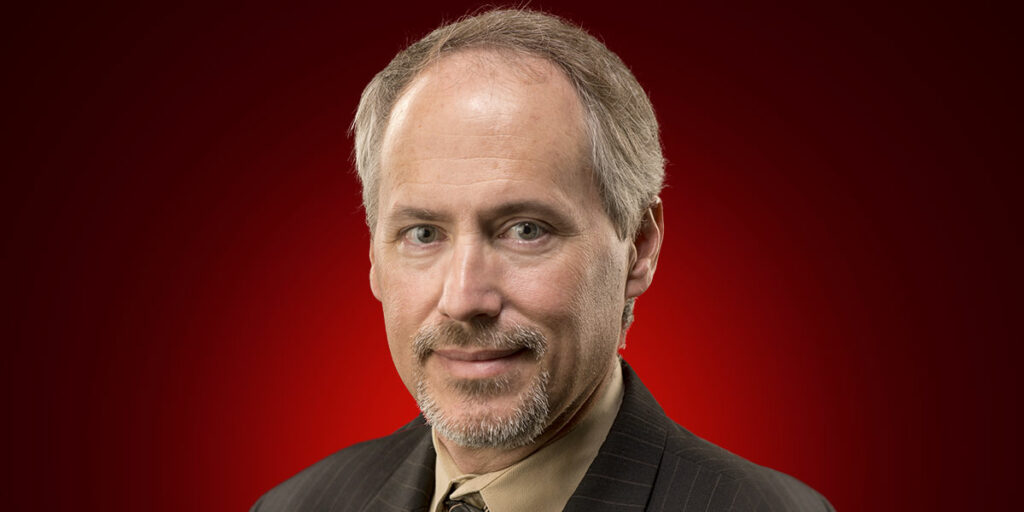Economists think about jobs in a seemingly counterintuitive way. While noneconomists see job creation as a primary goal, economists view labor as a scarce resource to be conserved. This leads to differences of perspective on everything from government incentives to businesses to the impact of automation, including artificial intelligence (AI).
To understand the economic perspective, think about all the various things you want in life. A house or apartment to live in, food to eat, clothes to wear, and things to do for enjoyment.
These things require tasks to be done.
Houses must be built, clothes made, and food grown, transported, and prepared. Someone must do these tasks, and you must pay for those done by others. Consequently, working to earn money to pay others is itself an important task.
Your “to do” list quickly becomes overwhelming since there are only 24 hours in a day. This is scarcity, which means our wants and desires exceed our ability to satisfy them. Winning the Powerball jackpot will not solve these problems, since consumption takes time. Even if cost is not an issue, you will never eat in all the world’s restaurants.
Automating one or several tasks clearly improves life. Robot vacuums, riding lawn mowers, and clothes washers and dryers save time. They make life better provided that earning the money to buy them does not take more time than they save.
Further automation makes us even better off. A self-driving lawn mower is better than a riding mower and a self-driving mower for $50 is better.
We also benefit from automating the tasks others do for us. A sewing machine leads a tailor to sell us clothes for less. The logic applies down the line. If a restaurant pays less for food because of labor saving agricultural innovations, they will charge less for meals.
Time is the ultimate scarce resource. The best measures of cost of living over time convert prices into the work time required for purchase. HumanProgress.org calculates, for example, that a Frigidaire refrigerator cost 218 hours of work in 1956 versus 17 hours in 2022.
Our biggest economic challenge is getting the most productive work possible out of the available labor. Not just doing tasks quickly but prioritizing the most important ones. The labor market performs this through wages and salaries. A business unable to perform tasks quickly, say a lawn maintenance company not using riding mowers, will have high costs and be unprofitable. A worker’s earnings are the market’s admonishment to only use scarce labor only for sufficiently valuable tasks.
The more intuitive view celebrates job creation and mourns business closures. This view emerges from how we as employees experience the labor market. An economy based on specialization and the division of labor offers unprecedented prosperity but requires us to trade with others, and by implication that we work for a living.
We respond by specializing, that is, finding a task that others will pay for and learning to do this task well. We typically select jobs relying on our talents and abilities.
Increasingly we can find tasks we enjoy doing, making work not seem like work. A market economy offers no guarantees of employment. Automation, or what economist Joseph Schumpeter called creative destruction, can always render our job market skills obsolete. We fear our skills no longer being in demand. Research not surprisingly documents the significant, adverse health and mental health impacts of unemployment.
The two perspectives on jobs lead to contrasting interpretations of events, like the automation of tasks by AI. From the scarcity perspective this improves life – we can
get more tasks done. But the automated tasks provided jobs people had honed their
skills to perform.
AI and creative destruction involve a fundamental tradeoff between the economies of yesterday and tomorrow. We will never accomplish all our tasks, but it can be difficult to foresee how the tasks automation lets us perform will translate into good paying jobs.
Daniel Sutter is the Charles G. Koch Professor of Economics with the Manuel H.
Johnson Center for Political Economy at Troy University and host of Econversations on TrojanVision. The opinions expressed in this column are the author’s and do not necessarily reflect the views of Troy University.








